author of Honorable Influence - founder of Mindful Marketing
By now most basketball fans’ March Madness brackets have been busted, which is not a big deal, provided they didn’t put down dollars on those picks. Of course, the risks of such bets increase with the amount of money wagered, but they also rise as gamblers’ ages decline. So why are some universities encouraging their own students to try sports betting?
According to the New York Times, schools that have established such partnerships include Michigan State, Louisiana State University (LSU), Maryland, University of Denver, and the University of Colorado. The executive director of the National Council on Problem Gambling, Keith Whyte, claims that eight or more universities have inked similar deals, and “at least a dozen athletic departments and booster clubs have signed agreements with brick-and-mortar casinos.”
Why would institutions that families trust to guide the next generation down paths of enlightenment and prudence, expose their students to activities that may strain relationships, double debt, and spell insolvency? The simple answer is money.
Many colleges and universities have long felt the pinch of revenue lost from declining enrollment and rising costs, including meeting expectations for best-in-class facilities and services. Corporate sponsorships often have helped bridge such fiscal divides, but when the U.S. Supreme Court legalized sports gambling in May of 2018, the doors swung wide open for all kinds of institutions to enter partnerships with oddsmakers.
In 2020, the University of Colorado Boulder signed a $1.6 million contract to promote sports gambling on its campus, and the deal that LSU inked with Caesars Sportsbook in 2021 is worth seven figures. Higher education may have been a little late to the gaming table, but now that some schools have gone all-in, others are likely to follow.
Of course, money is also a motivator for gaming companies. The ability to realize untapped revenue is understandably attractive to them. However, compared to other demographic groups, the young and green-to-gambling college-age market has special long-term appeal.
I remember years ago a client of our family’s promotional products company, a local bank, had created a special savings account for children called “Mega Bucks.” It featured a variety of kid-friendly incentives, the unambiguous intent of which was to forge relationships with young savers before their bank loyalties could be deposited elsewhere.
“Get ‘em while they're young” is a common mantra among marketers. Given that consumers are creatures of habit, constrained by switching costs, it’s often hard to persuade people to try a new product, especially when they’re satisfied with what they have. So, it’s understandable that organizations from banks to bookstores to bars want to reach the youngest age cohorts able to use their services.
Gambling companies want to do the same, i.e., reach young gamblers for the sake of current and future profits. One of the best ways to do so is through sports since most young people have no history with horseracing or blackjack, but many are avid fans of football, basketball, etc.
In all but four states, these firms can’t target consumers below age 21, but as with alcohol advertising, spillover into younger demographics is inevitable. It’s impossible to keep ads from Caesars Sportsbook and BetMGM that air during televised sporting events from influencing viewers who are 20 or, for that matter, 12, especially when they employ popular celebrity endorsers like Jamie Fox and former NFL quarterbacks Peyton and Eli Manning.
Moreover, actual gambling for those underage isn’t hard to accomplish, as many betting firms provide little resistance thanks to very loose screening processes. For instance, FanDuel Sportsbook PA’s $1,000 No Sweat First Bet, which promises new customers “Up to $1,000 back in bonus bets,” provides the following easy entry:
- When you click on “JOIN NOW,” a list of about 20 states appears. Choosing Pennsylvania produces a “Create an Account” form that asks for an email address, username, and password but not a birthdate or age.
- A sentence in small type, just above the “Create and Account” button reads, “Users must be 18+ (21+ in MA) to play Fantasy and 21+ to place bets on Sportsbook.” There’s nothing more on the page to prohibit underage gambling beyond that soft admonition.
- If someone is inquisitive enough to click on Terms of Use, they’ll find a 161-page document with more than 76,000 words, which does state that underage gambling is a critical offense and FanDuel reserves the right to “to request proof of age documentation from any applicant or customer.” Still, what are the chances that anyone, let alone teenagers looking to try something new and exciting, will find the buried disclaimers or be dissuaded by them?
The experience in Apple’s App Store is similar. Three of the top betting apps (FanDuel, Draft Kings, and BetMGM) have age ratings of “17+ Years Old.” Granted, it’s a standard measure that applies to all kinds of apps; still, it’s easy to imagine how an 18-year-old who wants to bet could interpret the rating as a green light to begin gambling.
When a potential user clicks on “GET,” there’s no prompt to enter an age or birthday before being served the “Install” button. On BetMGM’s website, potential users are prompted to enter their email address and last four digits of their social security number before they’re asked their age. Human nature suggests that the further someone goes in the process, the less likely they’ll be to abort and the more likely they’ll be to rationalize and possibly lie.
However, this targeting of young people for sports betting is pedestrian compared to what some college and universities permit through partnerships that “allow sports betting companies to advertise on campus, in athletic venues and, in some cases, directly in students' email inboxes.” LSU’s contract with Caesars Sportsbook has seen students under the age of 21 receive an email encouraging them to place their first bet.
It’s unimaginable to think that a college or university would send its students any kind of invitation to gambling. As someone who’s worked in higher education for more than two decades, I know that students intrinsically trust communication from their school, which they believe is looking out for their best interests. For many undergrads, a partnership with a betting firm would seem like the Good Housekeeping Seal of Approval on gaming.
Of course, gambling can be exciting entertainment, but at what cost, particularly for those who are still developing their understanding of risk/reward, debt, and addiction? As just a college sophomore, Saul Malek found himself in “tens of thousands of dollars in debt after two years of betting on sports.”
Unfortunately, Malek’s gambling experience is likely to play out increasingly for others, thanks to more universities partnering with betting firms. Even worse, these youthful indulgences may be setting up the gamblers for a lifetime of financial hardship and relational stress.
I recently spoke with a woman who witnessed her father’s gambling addiction firsthand and saw it break up her family. At age nine, she thought it was normal to go to the racetrack on a school night. After her dad drained her mom’s bank account and left her stranded outside her work for hours without a ride while he gambled, her mom left him. Unable to make it on his own, the dad now lives with his grown daughter who must take care of everything for him.
There’s a reason ads for betting often contain gaming disclaimers and phone numbers to call about gambling addiction: It’s a slippery slope on which a simple $5 wager can easily spiral into regular $500 bets on point spreads.
It’s also worth noting that the house never loses. Sure, individual gamblers sometimes make good bets, but overall and long-term, the gaming companies always win – their business models are based on outcome imbalance in their favor.
Marketers can target younger consumers for products, provided they’re properly informed and the products truly benefit them. Back to “Mega Bucks,” There’s a big difference in risks between banking and betting. For colleges and universities to promote sports gambling is madness any time of year, not just March. It’s also “Single-Minded Marketing.”
Learn more about the Mindful Matrix.
Check out Mindful Marketing Ads and Vote your Mind!


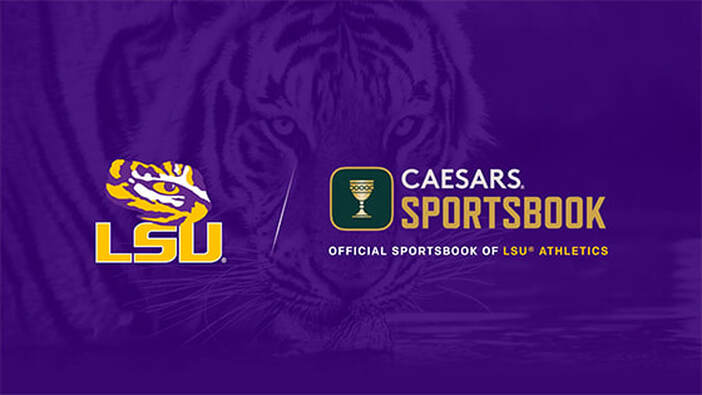
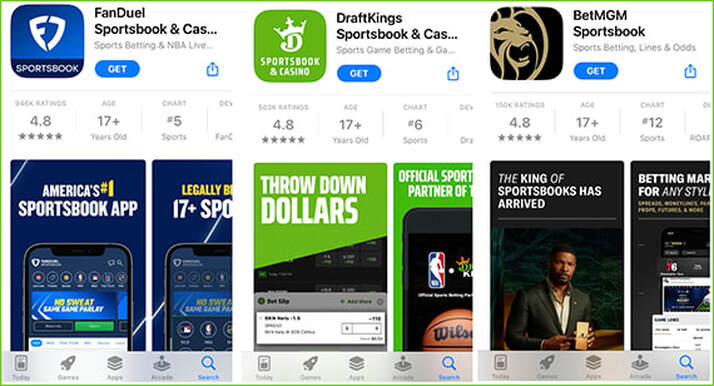
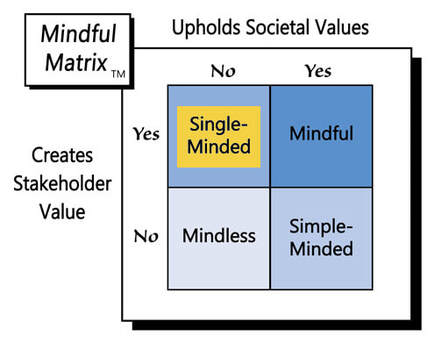

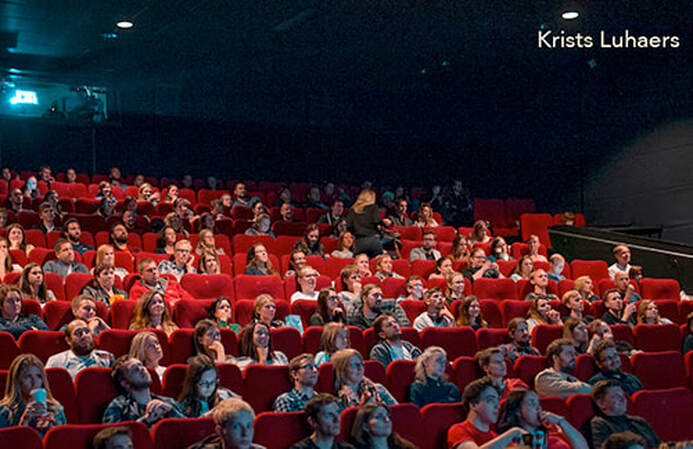
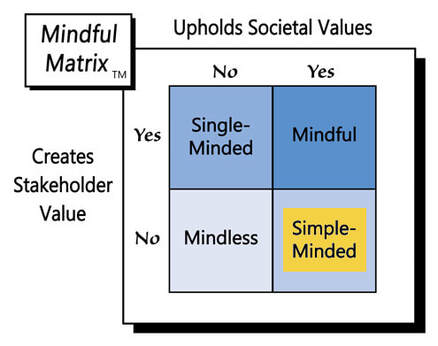
 RSS Feed
RSS Feed